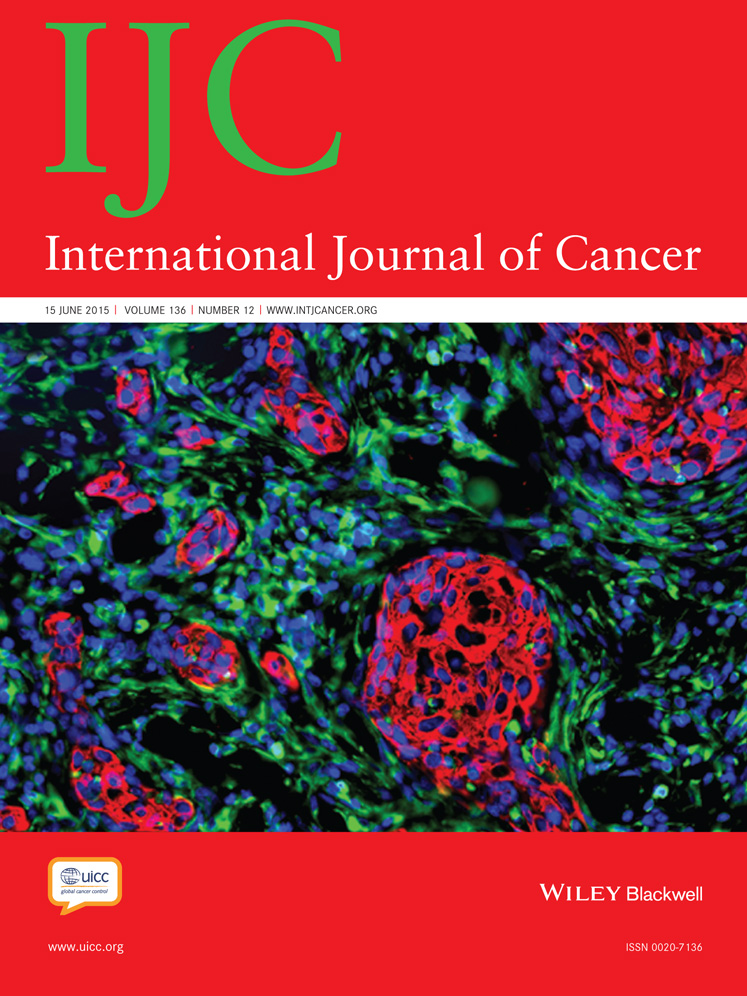Renal cell carcinomas of chronic kidney disease patients harbor the mutational signature of carcinogenic aristolochic acid
Abstract
Aristolochic acid (AA) is a potent dietary cytotoxin and carcinogen, and an established etiological agent underlying severe human nephropathies and associated upper urinary tract urothelial cancers, collectively designated aristolochic acid nephropathy (AAN). Its genome-wide mutational signature, marked by predominant A:T > T:A transversions occurring in the 5′-CpApG-3′ trinucleotide context and enriched on the nontranscribed gene strand, has been identified in human upper urinary tract urothelial carcinomas from East Asian patients and in experimental systems. Here we report a whole-exome sequencing screen performed on DNA from formalin-fixed, paraffin-embedded renal cell carcinomas (RCC) arising in chronic renal disease patients from a Balkan endemic nephropathy (EN) region. In the EN regions, the disease results from the consumption of bread made from wheat contaminated by seeds of Aristolochia clematitis, an AA-containing plant. In five of eight (62.5%) tested RCC tumor specimens, we observed the characteristic global mutational signature consistent with the mutagenic effects of AA. This signature was absent in the control RCC samples obtained from patients from a nonendemic, metropolitan region. By identifying a new tumor type associated with the AA-driven genome-wide mutagenic process in the context of renal disease, our results suggest new epidemiological and public health implications for the RCC incidence worldwide, particularly for the high-risk regions with unregulated use of AA-containing traditional herbal medicines.
Abstract
What's new?
Ingestion of aristolochic acid (AA) causes severe nephropathies and carcinomas of the upper urinary tract, and represents a significant public health problem with millions of people at risk worldwide. In this study of renal disease patients in an endemic region, the authors identified a previously unrecognized type of renal cell carcinoma that harbors the mutational signature of this potent carcinogen. Their findings suggest that the putative causal role of AA in renal cortex carcinogenesis should be broadly addressed in high-risk regions marked by inadvertent exposure to AA or widespread use of AA-containing herbal remedies.




